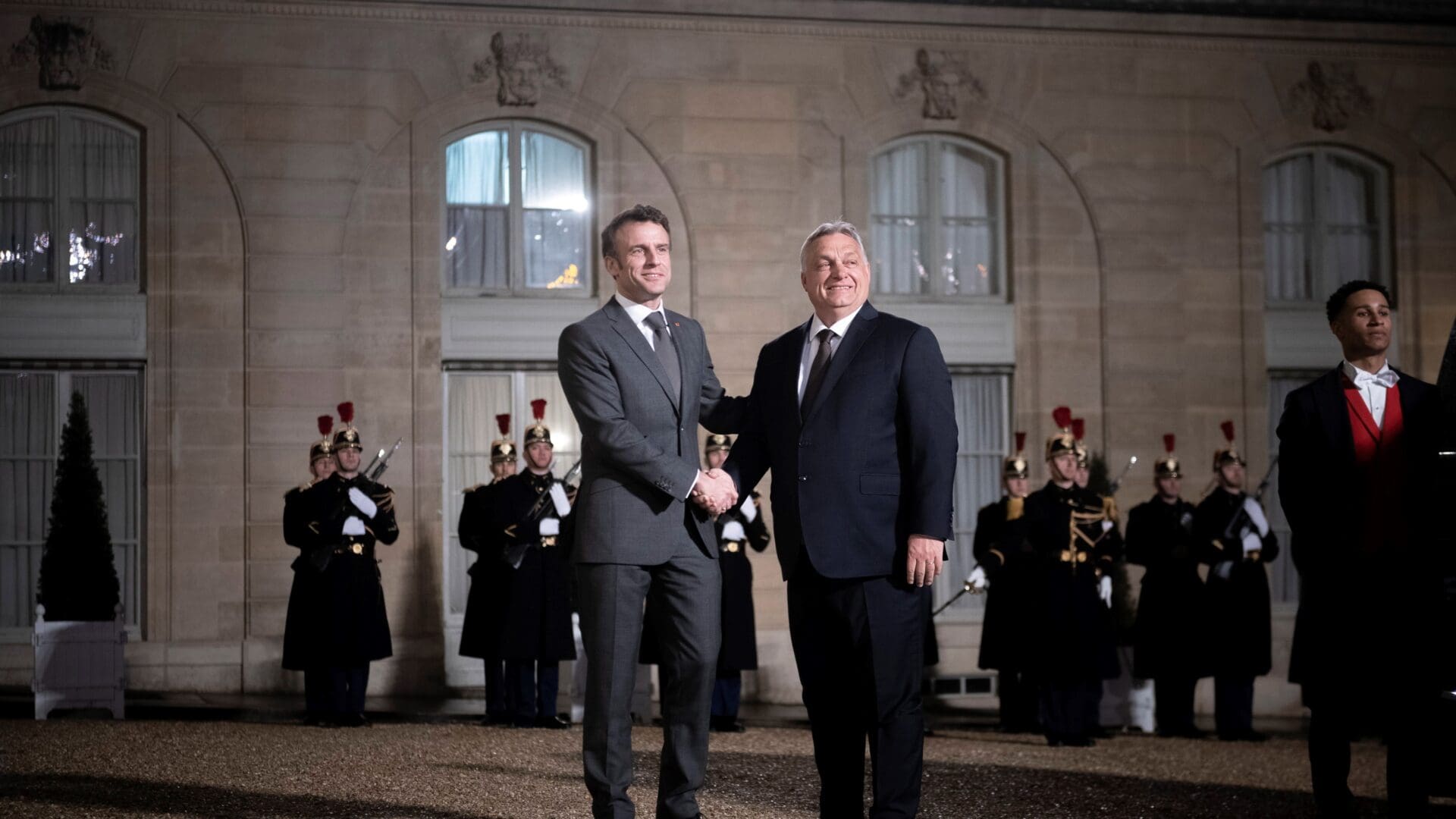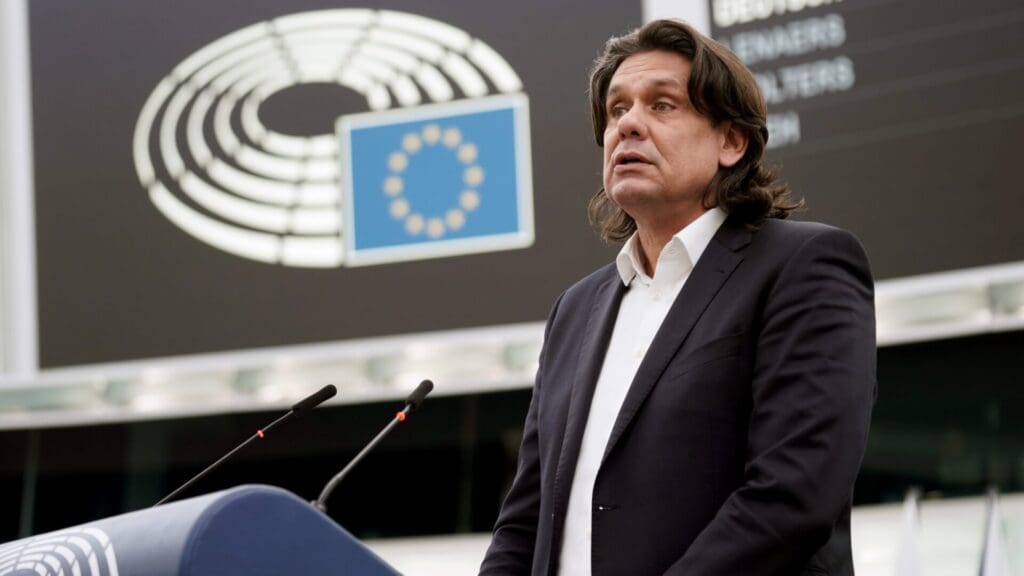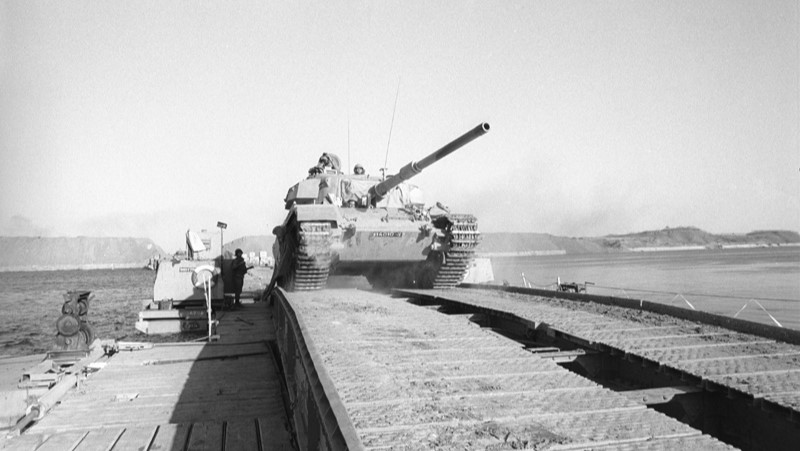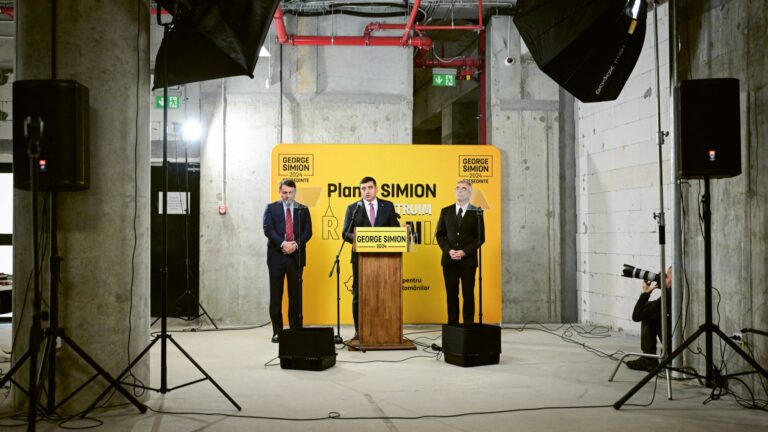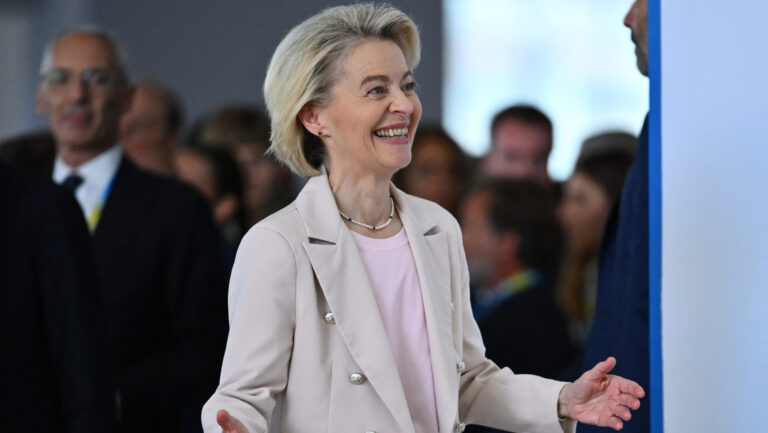The following is a translation of an article written by Vivien Kalas, a researcher at the University of Public Service Institute for Strategic Studies, originally published on Ludovika.hu.
The summit of Hungarian Prime Minister Viktor Orbán and French President Emmanuel Macron on 13 March provided an excellent opportunity to prepare for next week’s EU summit as well as for the Hungarian Presidency of the Council of the European Union in 2024, and was of symbolic importance for our country, too.
German–French cooperation is traditionally considered the engine of European integration, which is why it is always of particular importance when the Hungarian Prime Minister meets one of the leaders of the most influential states of the European Union as part of an official visit. The most recent such occasion took place last Monday, 13 March, when French President Emmanuel Macron received Hungarian Prime Minister Viktor Orbán in Paris. This is not the first time the two politicians have met outside the EU institutional system; in October 2019, the Hungarian PM already travelled to the French capital, and in December 2021, Emmanuel Macron visited Budapest and held talks with the leaders of the Visegrád Countries. The meeting about a year and a half ago was a significant event not only because of the sheer fact of the visit but also from the perspective that the last time a French President visited Hungary was about a decade and a half ago in the person of Nicolas Sarkozy, in 2007.
On 13 March, Orbán and Macron held bilateral discussions on the most important topics affecting the European Union in the framework of a working dinner. Both sides gave only brief information about what was said at the meeting: they talked about Sweden and Finland’s NATO accession and its ratification, discussed the Russo–Ukrainian war, Europe’s competitiveness, energy security, and defence policy.
Since the outbreak of the war in Ukraine, the EU has been striving for unified action, and so far ten sanctions packages have been adopted by the Member States against Russia. In relation to further measures,
Emmanuel Macron considers it desirable to increase the pressure of sanctions and would also increase the level of military assistance for Ukraine,
as France is currently one of the states that most support the Ukrainians by supplying weapons. Hungary, on the other hand, calls for more deliberate steps both in terms of sanctions and behaviour in relation to Ukraine: Viktor Orbán finds it necessary to encourage peace negotiations instead of arms deliveries. Hungarian caution in the face of sanctions largely stems from the fact that our country is much more dependent on Russian energy sources than France.
Although there are differences of opinion between Hungary and France regarding the sanctions policy affecting Russian energy carriers, both governments are committed to achieving energy independence and energy security, for which they consider increasing the role of nuclear energy inevitable. The Paks 2 nuclear power plant is already under construction in Hungary, and France also plans to build six new nuclear reactors by 2035 in order to ensure energy independence. The two political leaders see nuclear energy as one of the tools that also serves to achieve climate neutrality, and their joint success is that, after serious political debates, the EU finally classified nuclear energy as sustainable and therefore eligible for support.
President of the European Commission Ursula von der Leyen named the development of the European defence industry as a priority in her speech on the state of the European Union last September, with which both the Hungarian PM and the French President agree. Both parties would strengthen cooperation in the field of security and defence policy, and increase Europe’s sovereignty and independent defence capabilities, one of the results of which would be the creation of a common European army.
Is the Goal to Establish Cooperation?
In addition to a better understanding of each other’s positions, last Monday’s meeting may have served a dual purpose, too. The upcoming European Council meeting will be held on 23 and 24 March, before which the heads of state and government regularly hold bilateral meetings to map the views of the other parties on controversial issues and strive to smooth existing contradictions before the negotiations start, reaching some sort of compromise solution. And the preliminary agenda of next week’s EUCO meeting largely covers the topics—war, European competitiveness, and energy crisis—that Orbán and Macron discussed last week. At the meeting, the debate on further forms of expression of the stand for Ukraine may be of particular importance, since High Representative of the European Union for Foreign Affairs and Security Policy Josep Borrell has already spoken about the exhaustion of sanctions and support for arms deliveries. On this issue, as already mentioned, Hungary and France have different positions, which the two countries must somehow approach if they want to reach an agreement at the summit at the end of March. Similarly, important decisions can also be made regarding the preservation and strengthening of the EU’s competitiveness, since the inflation reduction law passed by the United States, which entered into force in January of this year, represents a serious economic challenge for the EU.
Consultations before the EUCO meetings serve not only to approximate positions but also to formulate common priorities and form alliances. At the working dinner at the beginning of last week, several matters were put on the agenda, in which, as previously presented, France and Hungary share the same opinion, and to achieve them they will be able to argue together at the EU summit next week.
The PM’s visit last Monday could also have been a good opportunity for the parties to enter into dialogue regarding the upcoming Hungarian EU Presidency cycle. Namely, in July 2023, the Spanish–Belgian–Hungarian trio will take over the duties of the rotating Presidency from the French–Czech–Swedish trio, and
Hungary will assume the Presidency of the Council of the European Union in the second half of 2024, after Belgium.
The duties of the Member State carrying out the tasks associated with the current Presidency include the organisation and preparation of council meetings, too. During the six months of the Presidency, the discussed agenda items are framed by the programme that the given Member State presents at the beginning of its Presidency, and in which it explains in which areas it wishes to achieve progress. These priorities have to be in line with the joint programme of the Presidency Trio. Although there are still several months left from the Swedish Presidency, the elaboration of the joint programme of the next trio, as well as the programme of the Hungarian Presidency, is already well underway.
Most of the topics discussed at Monday’s Hungarian–French summit, such as energy security, preserving and increasing European competitiveness, and the development of the defence industry, are also expected to be a priority for Hungary in the second half of 2024. During the Presidency cycle, all nations strive to achieve their most important objectives, for which the support of other countries is essential, especially that of the two large Member States, Germany and France. Viktor Orbán’s visit to Paris must have been an important step towards ensuring that the emerging presidential programme will enjoy the support of the French, as there are apparently common points of interest between the two states, either in terms of the assessment of nuclear energy or in the matter of European defence policy, which could now be discussed. Emmanuel Macron did the same when he came to Budapest in 2021 to negotiate with the Visegrád Four and at the same time to gain allies for his country’s Presidency that started in January 2022.
The cooperation between Hungary and France can bring positive returns not only for us Hungarians in 2024, but the French also have an interest in a good working relationship with our country. One of the points of their own Presidency programme was the strengthening of European sovereignty, an integral part of which was the enhancement of defence capabilities and the issue of a common European army. However, the outbreak of the Ukrainian war intervened and thus the focus shifted, but with the support of the Hungarian programme points, France will have another opportunity to take steps towards the realisation of its own goals, too.
A Summit of Symbolic Importance
In addition to the above, the Macron–Orbán meeting also had a symbolic significance for our country. Namely, the invitation of the French President shows that despite the fact that Hungary has disputes with the European Union and the EU funds due to our country are withheld, the Hungarian Prime Minister is not at all an isolated actor in European political life.
Click here to read the original article

